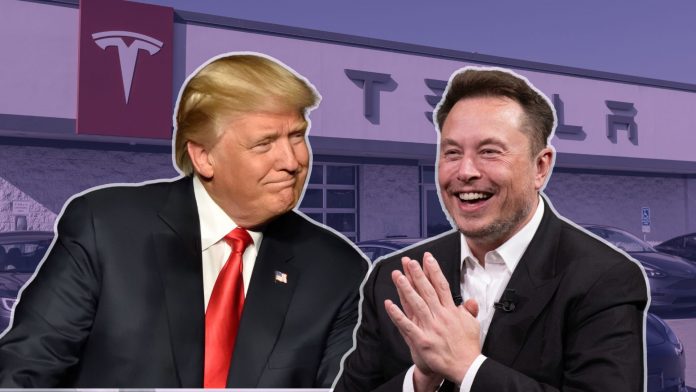The Trump transition team has proposed scrapping a key regulation that mandates automakers report crashes involving advanced driver-assistance systems (ADAS) and autonomous-driving technologies. This move, if adopted, could significantly affect the ability of federal regulators to monitor and enforce safety standards for automated vehicles.
Elon Musk’s Tesla, a vocal opponent of the reporting rule, stands to benefit greatly from its repeal. The company has reported over 1,500 crashes under the mandate, leading to intense scrutiny from the National Highway Traffic Safety Administration (NHTSA). Tesla argues the requirement unfairly targets its vehicles, presenting them as more prone to accidents compared to other manufacturers, even though it collects crash data more comprehensively.
The recommendation to dismantle the crash-reporting requirement stems from the transition team’s broader push to streamline regulations affecting the automotive industry. Critics argue that the rule forces automakers to collect excessive data and imposes unnecessary burdens. However, Musk’s support for Trump, including a significant financial contribution to his campaign, raises questions about the influence of this connection on the recommendation.
From NHTSA’s perspective, the crash data is vital for understanding the risks associated with emerging technologies. The agency has used this data to investigate crash patterns and prompt recalls, including several involving Tesla vehicles.
While the proposal to eliminate the crash-reporting requirement may benefit Tesla, it also sparks broader concerns about the future of autonomous vehicle safety regulation. Repealing the rule could hamper efforts to track safety trends, leaving regulators without critical insights needed to protect consumers as the industry evolves.
The final decision on whether the incoming administration will adopt this recommendation remains uncertain, but the debate highlights the ongoing tension between innovation and safety in the automotive sector.



